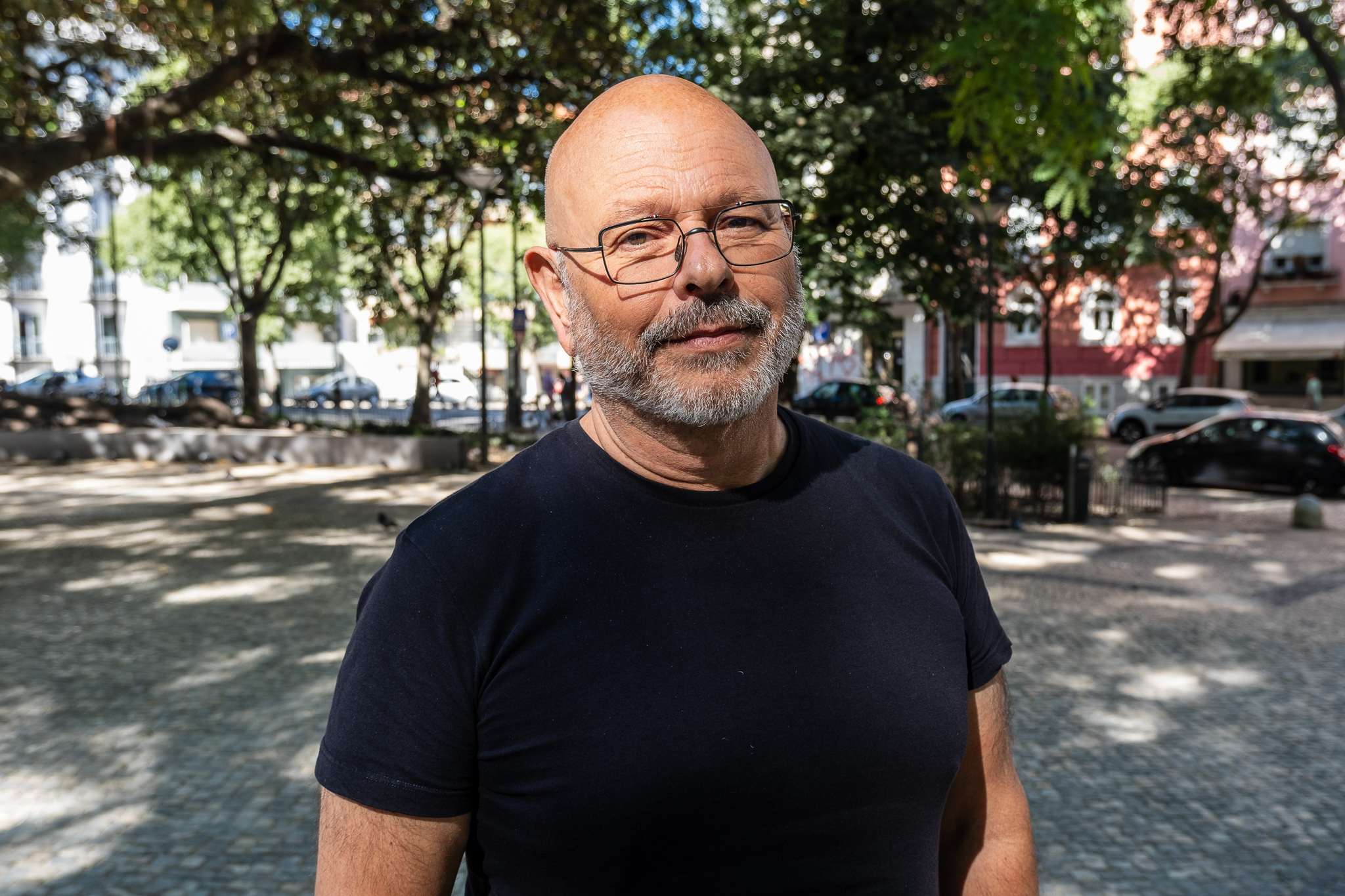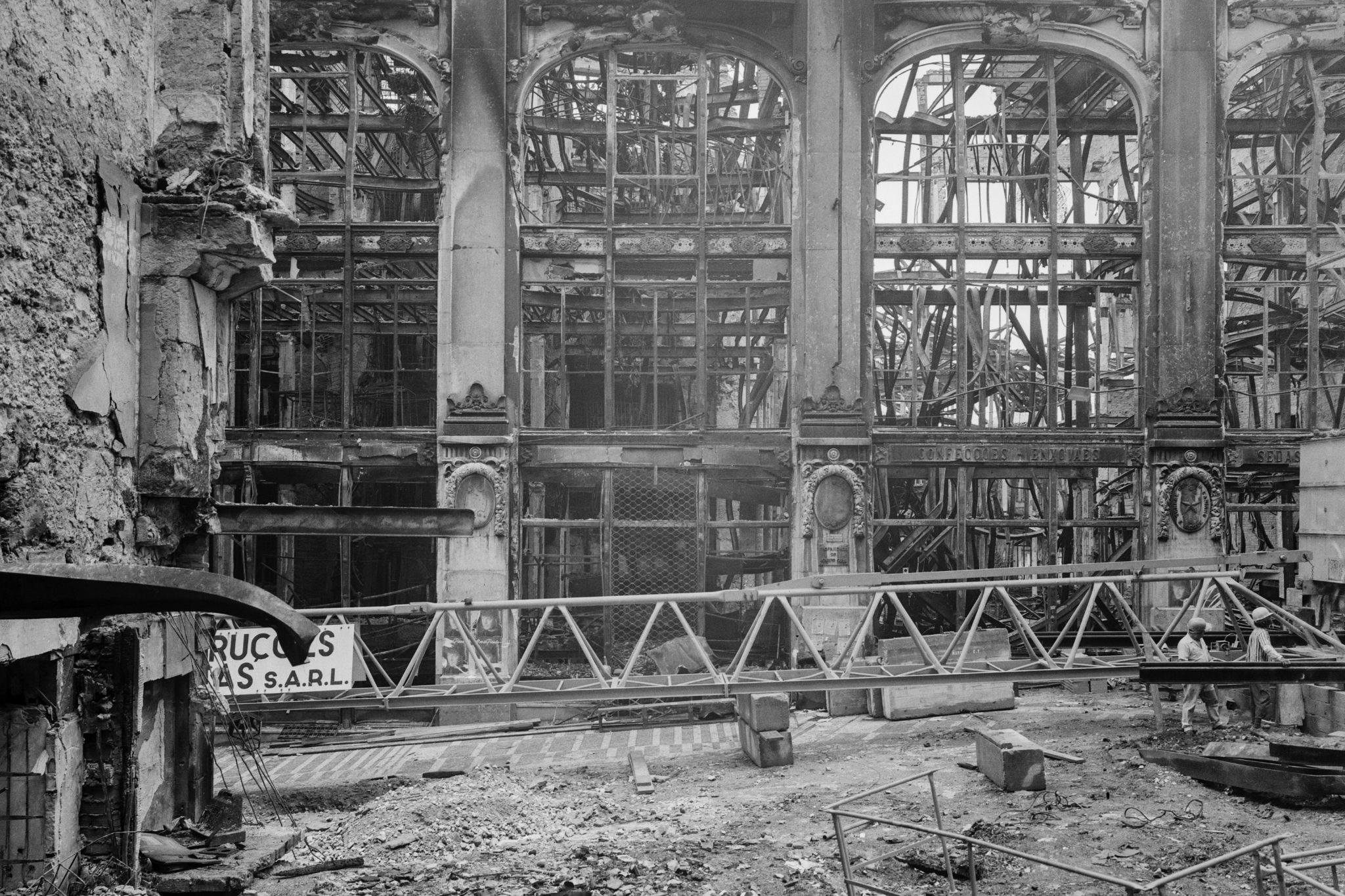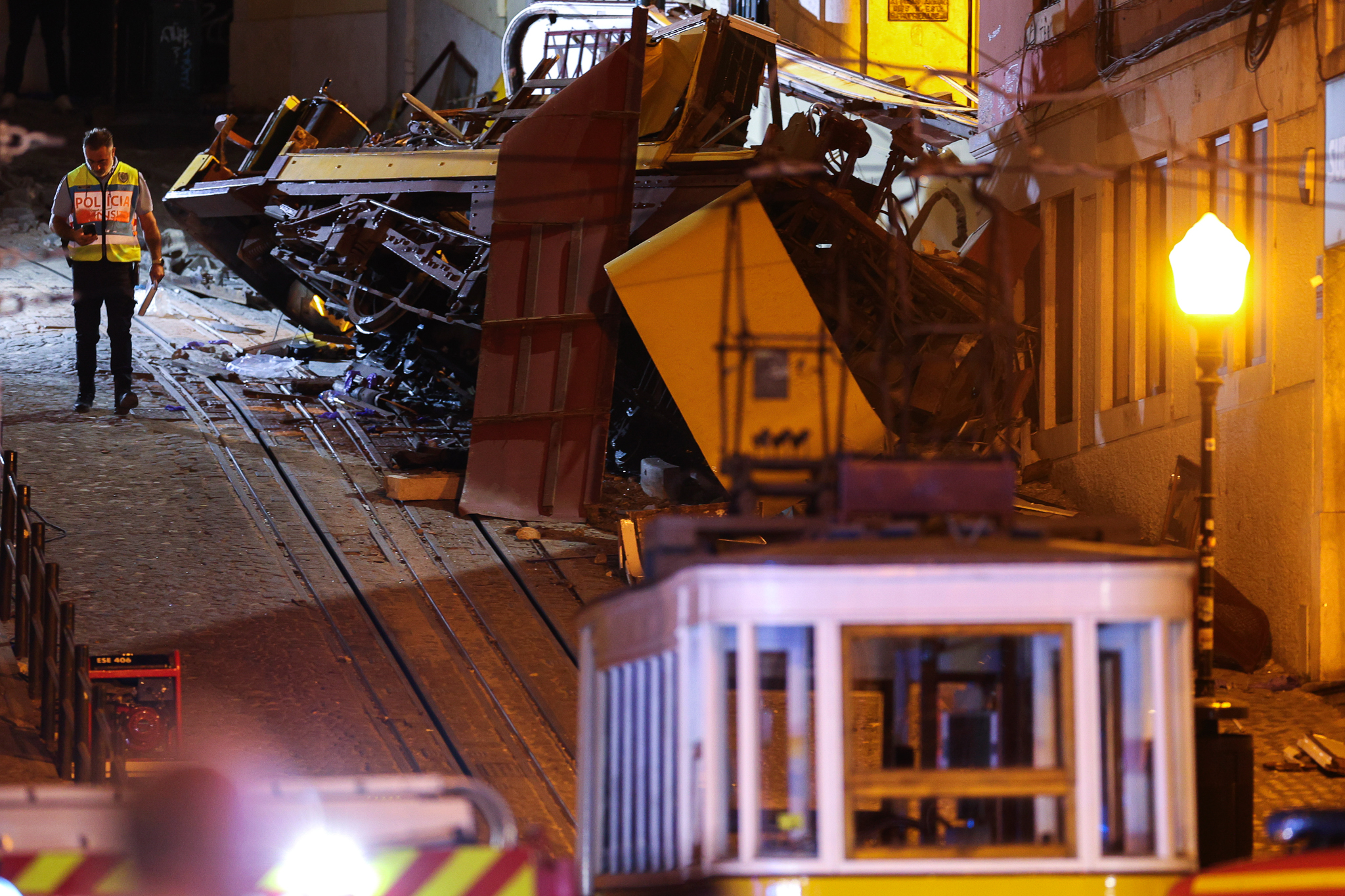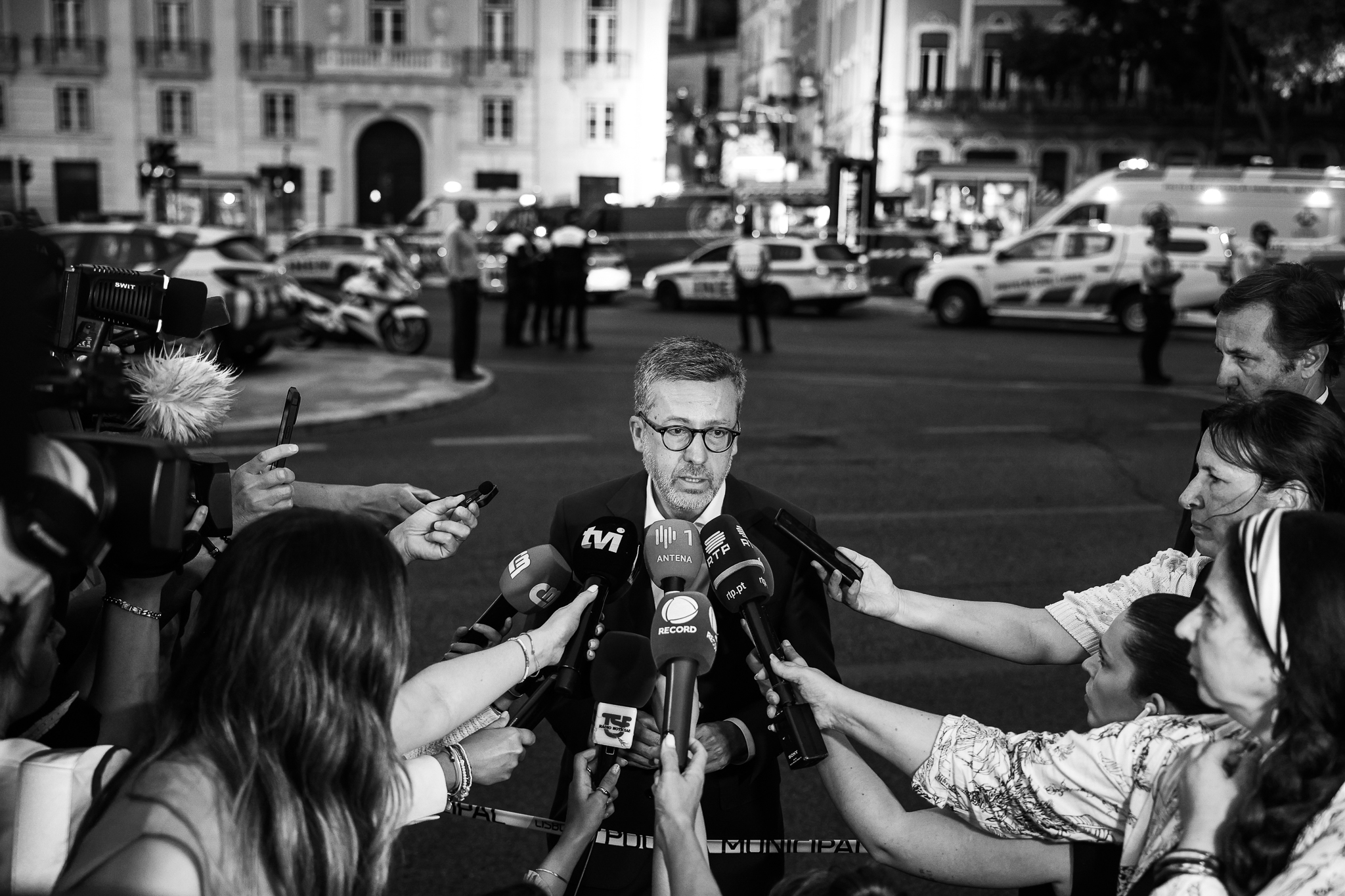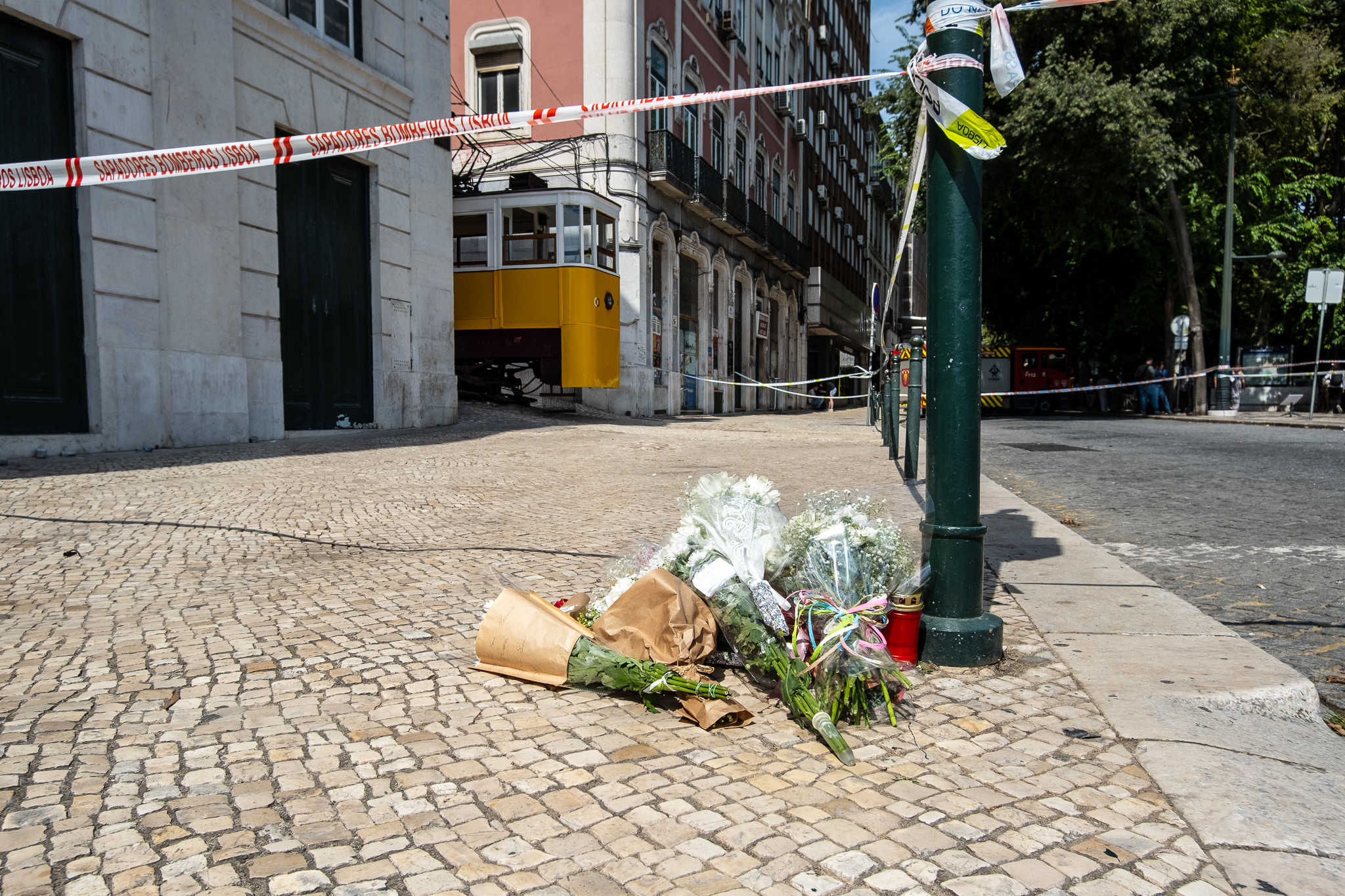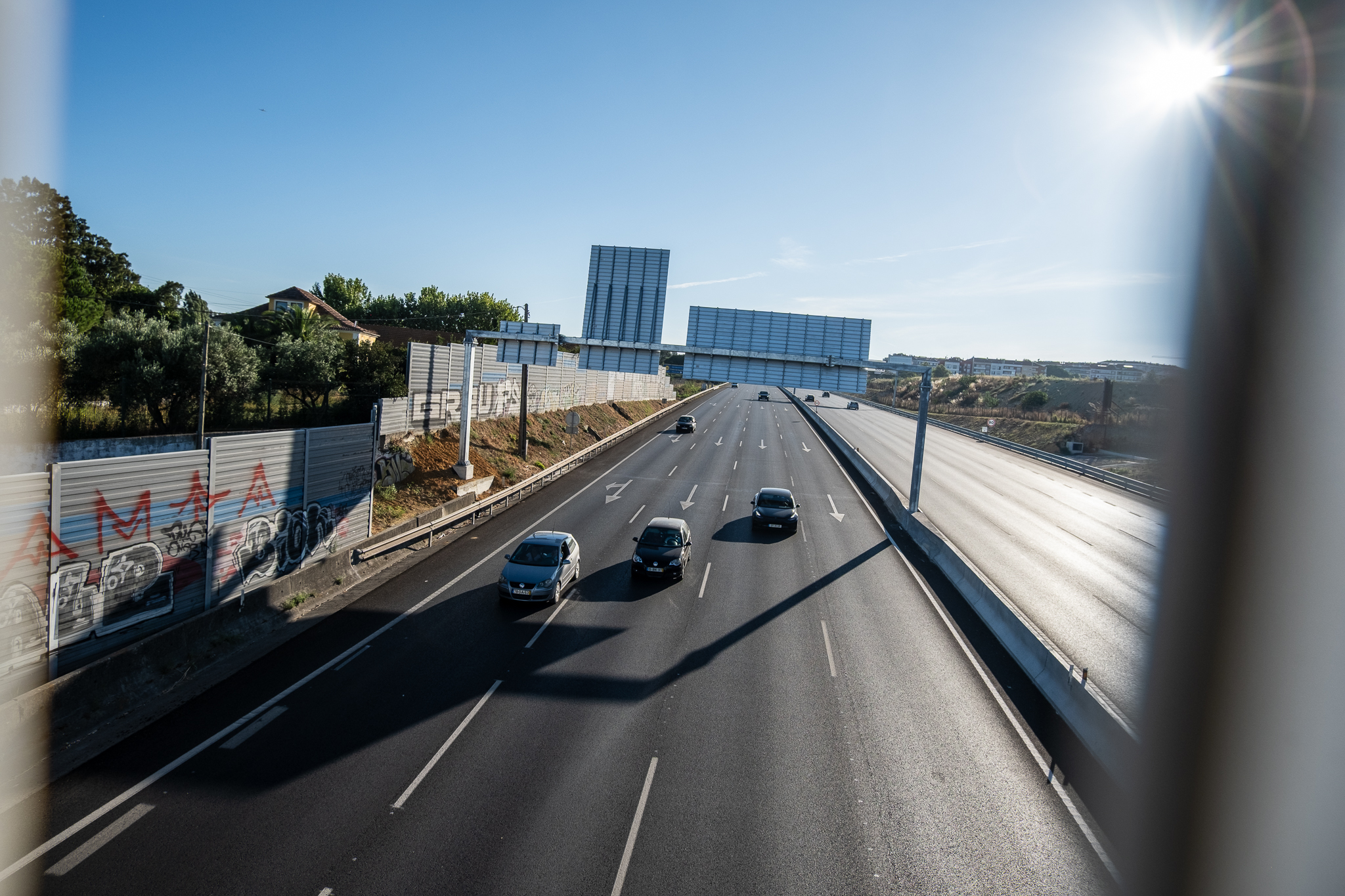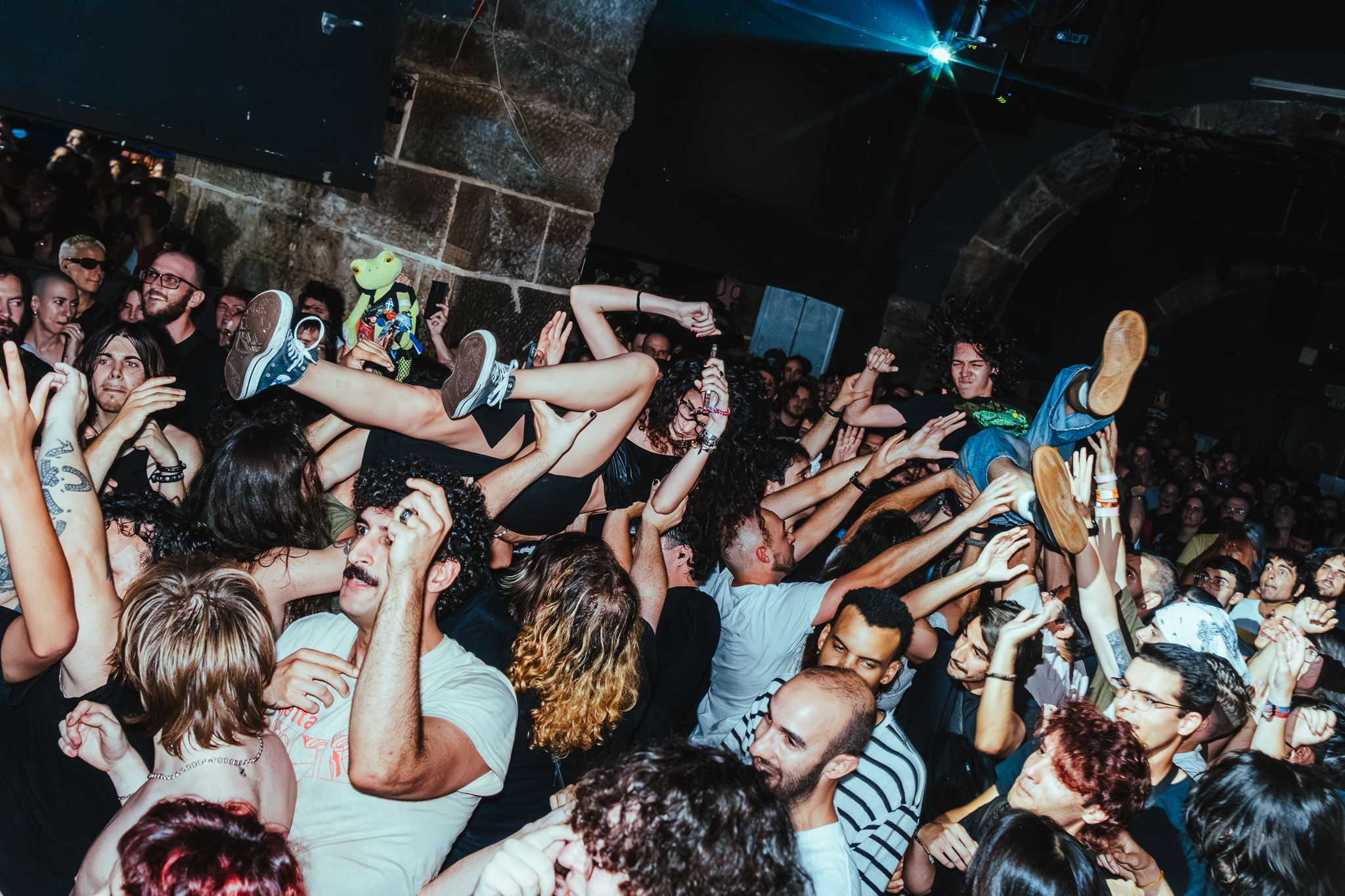In its communication, Carris Metropolitana will opt for the term "bus" instead of "van". But there are more words in this new dictionary of the new brand of public road transport for Área Metropolitana de Lisboa.
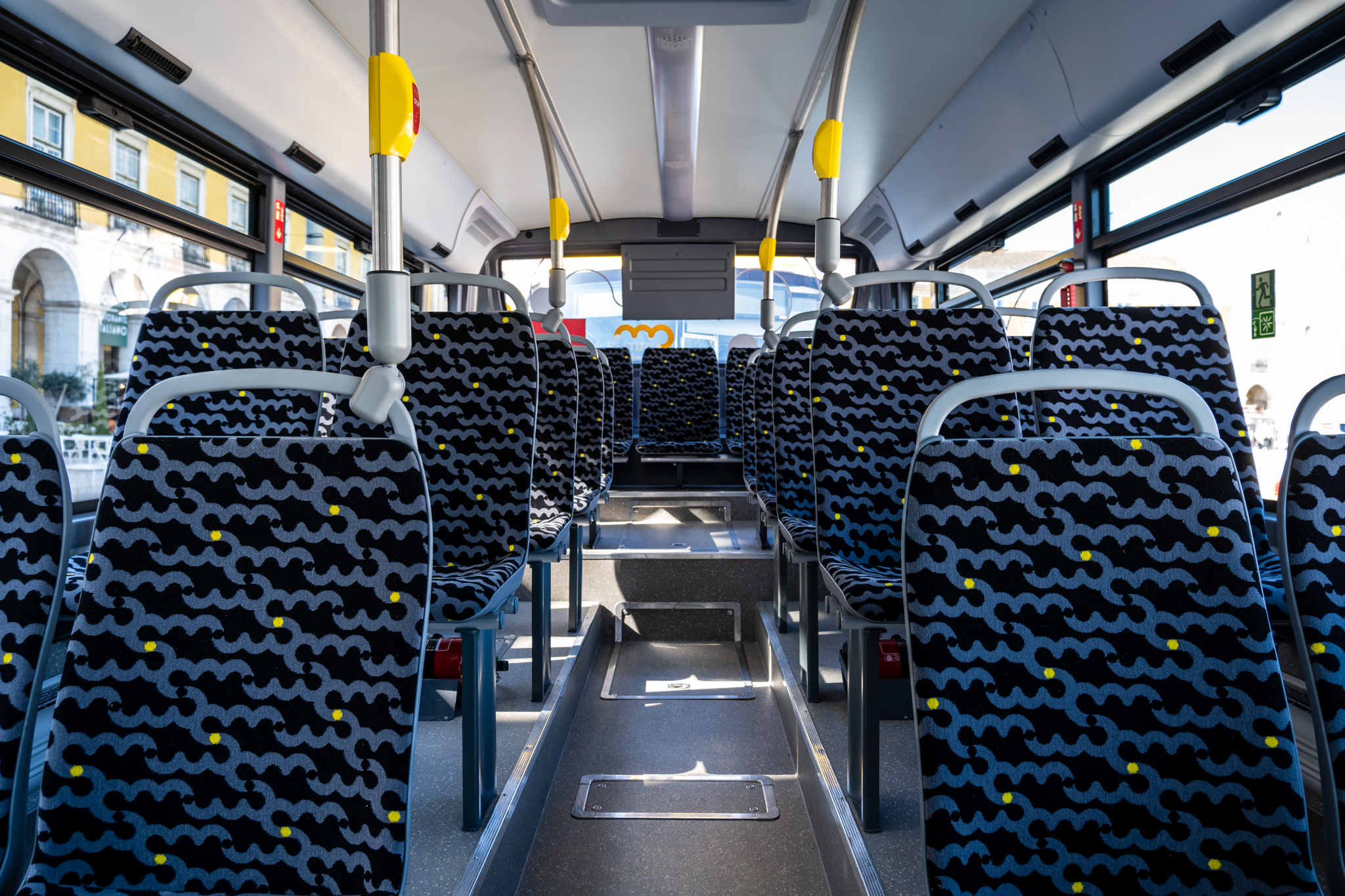
Language is a complex system that allows us as humans to understand each other. It is not a static system, on the contrary. There are new words or expressions coming out of our popular use of the grammatical and verbal codes we have been taught - it is part of cultural dynamics. But at the end of the day, each word, even if synonymous with another, has a different meaning and can represent a particular object or situation in a particular way. And that matters.
Over the years, the term van (or van) has become commonplace in Portugal, particularly outside the major urban centers. The portal Ciberdúvidas da Língua Portuguesa writes that the word is used for "designate means of public transport" similar to the designations bus or career; but while bus is generally used to designate public transport within a village or large city, van or even car evokes a more suburban or rural environment.
We see that bus contrasts with vanThis means that buses are used within cities, and coaches are used between cities, whether for short or long distances. This means that buses are used within cities, and coaches are used for short or long distances between them. The term career also refers to vehicles that connect localities; it is therefore a synonym for van, with a sometimes more popular connotation ("I'm going to take the bus").
- portal Ciberdúvidas da Língua Portuguesa
In the communication plan of Carris Metropolitana, which was partially unveiled to journalists last MondayTML, which is responsible for managing the new brand, is concerned with the language that is intended to be used from now on, seeking to simplify the diversity and freedom of communication that each company operating in AML had, while at the same time creating clear communication with people.
The use of the word "bus" instead of "van", for example, is one of the communication lines of the new Carris Metropolitana, but there are morefor example, use the term "line" instead of "route" to designate each service; or say "route" instead of "itinerary" to indicate journeys.
The Carris Metropolitana dictionary
- line instead of Career - Lines correspond to the service connecting two locations. An origin and a destination.
- Bus instead of Pickup truck - Buses are the vehicles that transport Passengers to their destinations.
- Stop instead of Station - Stops are the predetermined places where Passengers board and disembark.
- Shelter instead of Coverage - Shelters are the structures that provide the most comfortable experience at stops. Not all stops have shelters. Some only have the post box.
- Postcard instead of Post - Postcards are the identifiers of the lines at each stop. They consist of a metal tube and a flag indicating which lines stop there.
- Routes instead of Itinerary - Routes correspond to the geographical movement of the bus on the service connecting origin and destination.
- Area instead of Lot - the Areas are the 4 geographical zones of the Lisbon Metropolitan Area (AML) that aggregate different municipalities. The operation of buses in the AML municipalities (with the exception of Lisbon, Cascais and Barreiro) will be carried out by different operators, under the brand Carris Metropolitana.
- Passenger instead of User or User - Passengers are all the people who use Carris Metropolitana buses. It is to improve their mobility experiences that Carris Metropolitana exists.
Carris Metropolitana will become, as early as this summer, the only public road transport brand in the entire Lisbon Metropolitan Area (AML) - with the exception of Lisbon, Cascais and Barreiro where Carris, MobiCascais and TCB will remain, respectively. For the rest, Vimeca, Rodoviária de Lisboa, TST, Sulfertagus, Scotturb... all these names will disappear from the lives of thousands of passengers, who will only have contact with the Carris Metropolitana brand. This will mean a unique form of communication, which will be the same in Mafra as in Almada, the same in the urban center of Oeiras as in the most remote village of Montijo - it will be the same throughout AML, despite its enormous heterogeneity and diversity.


